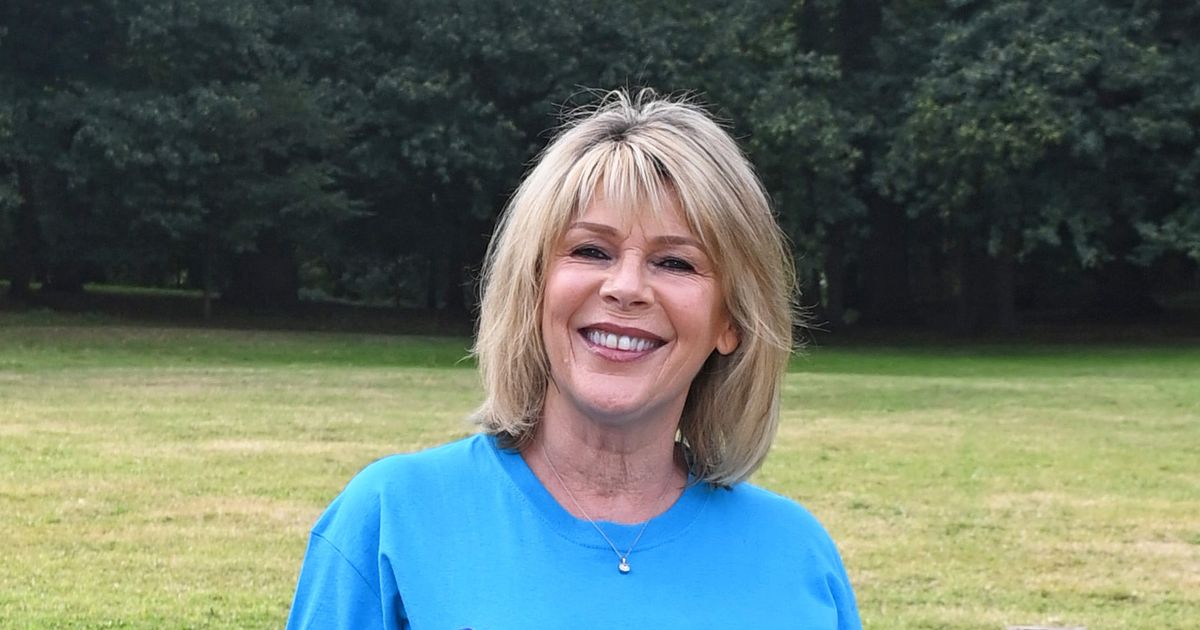Home / Health / Ruth Langsford's Hard Lesson on Alzheimer's Care
Ruth Langsford's Hard Lesson on Alzheimer's Care
24 Nov
Summary
- Ruth Langsford learned valuable caregiving lessons from her father's dementia.
- She now uses 'therapeutic lies' with her mother to avoid distress.
- Langsford avoids dementia risk tests, preferring not to know.

Ruth Langsford has revealed the 'hard lessons' she learned while caring for her parents, both affected by Alzheimer's disease. Her mother, 94, is currently battling the condition, years after her father succumbed to the same illness. Langsford stated that she is now far more adept at caring for her mother, having learned from the mistakes made with her father due to a lack of awareness about dementia.
She explained that instead of correcting her mother's factual inaccuracies, she now uses 'therapeutic lies' to avoid causing distress, a strategy recommended by the Alzheimer's Society. This approach contrasts with her past actions with her father, where she insisted on the truth, which retrospectively caused him distress. Langsford shared that her mother sometimes forgets recent events, but she reassures her gently, preventing anxiety.
Despite experiencing moments of forgetfulness herself, which cause her anxiety and concerns about developing dementia, Langsford has decided against taking genetic predisposition tests. She feels that knowing her risk, especially with no cure available, would not benefit her. She prefers to live her life without that knowledge, accepting the possibility of developing the condition if it occurs.




